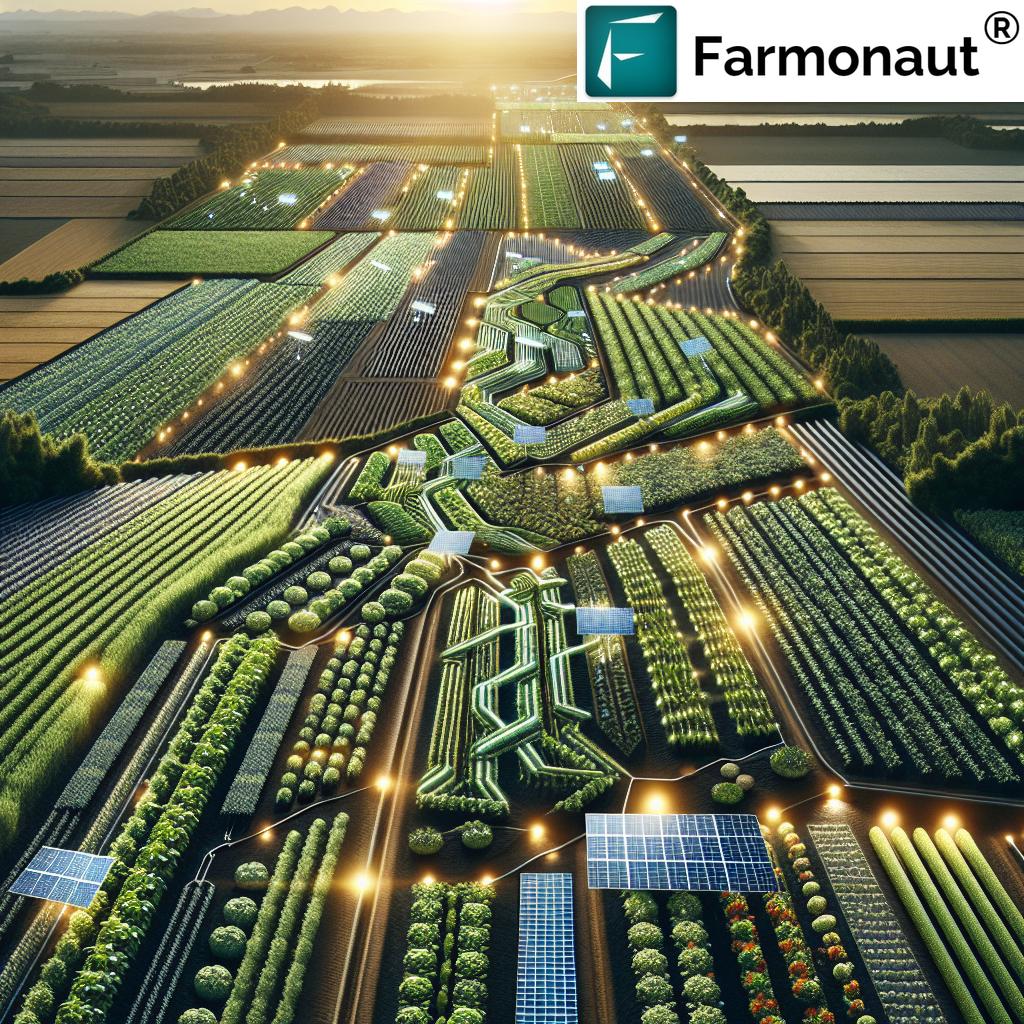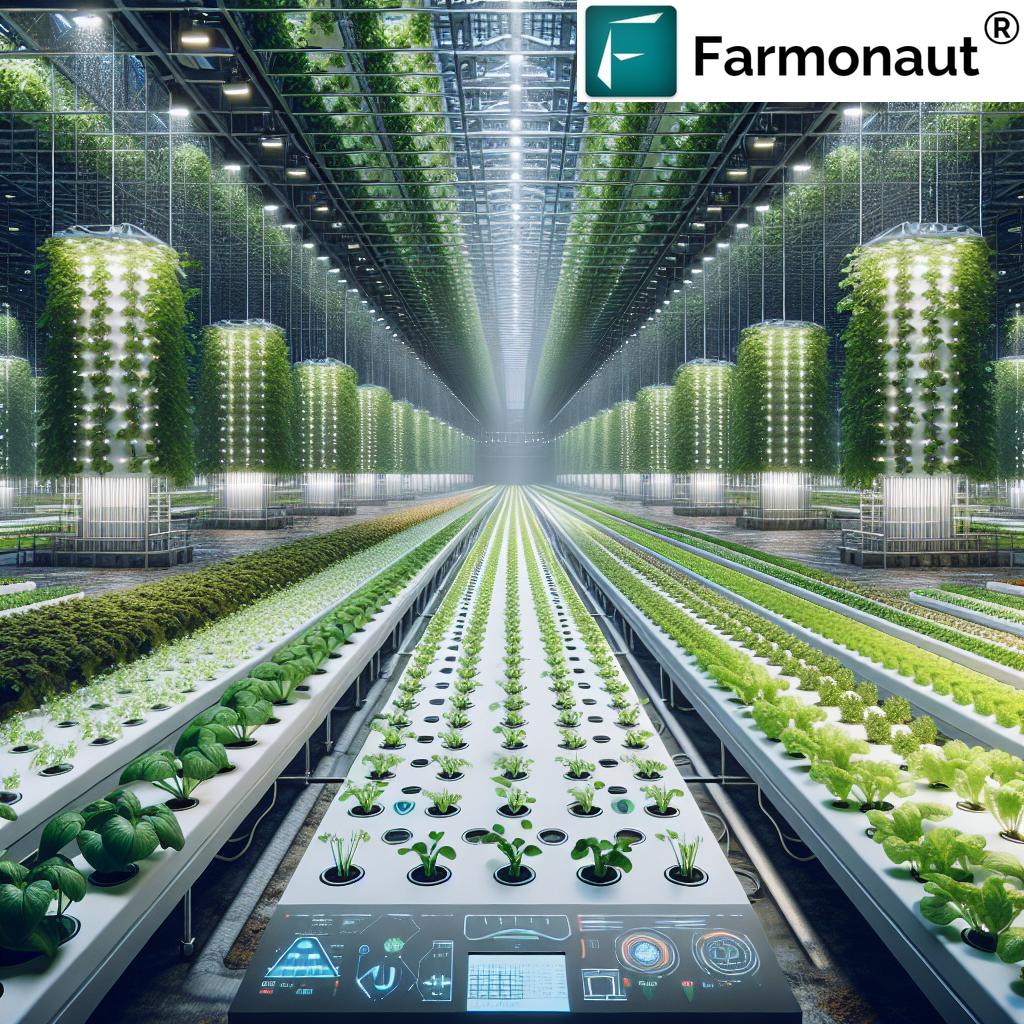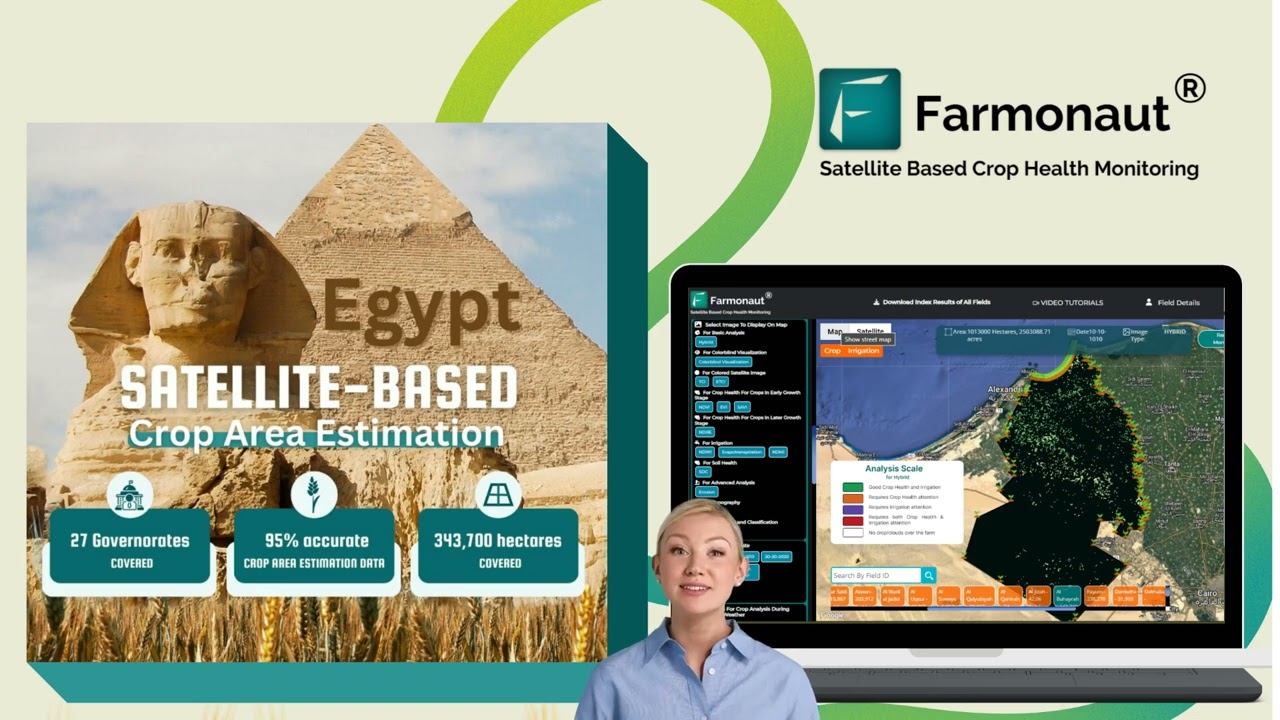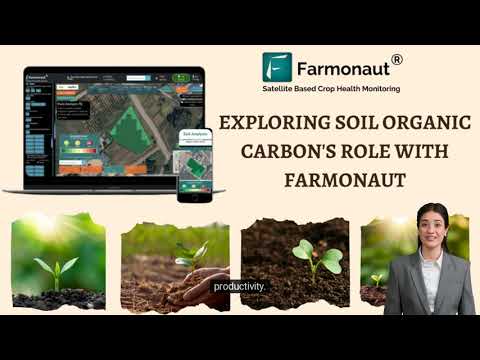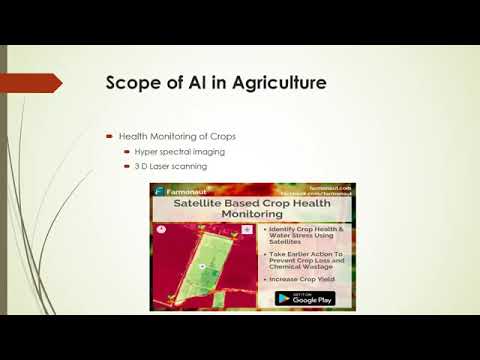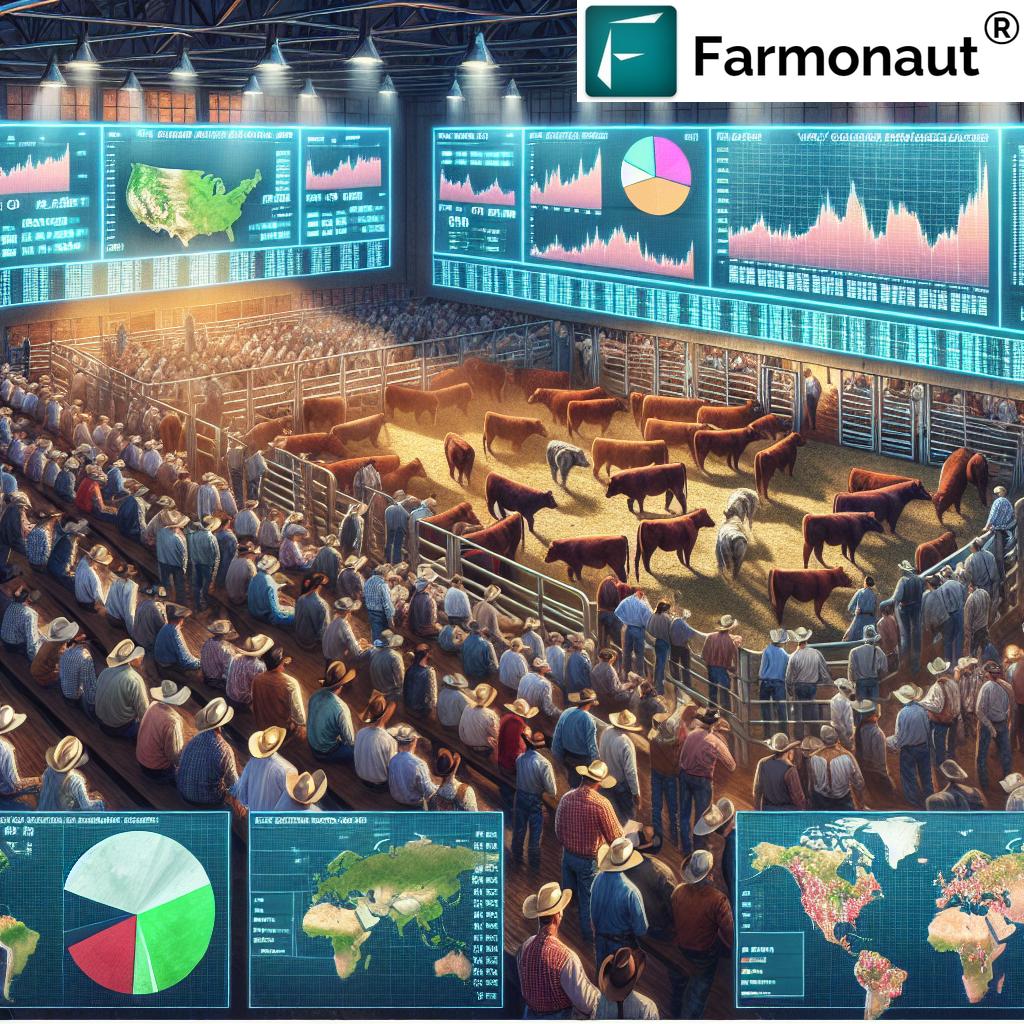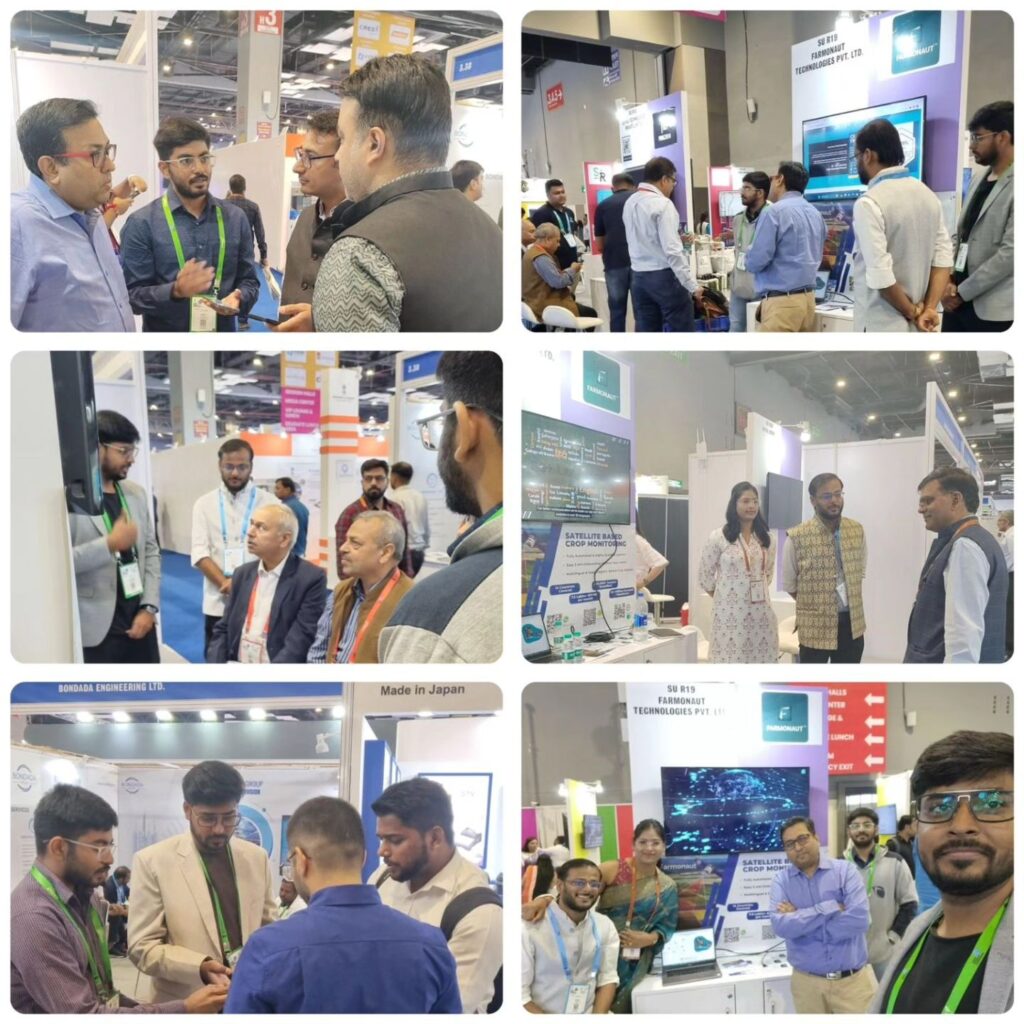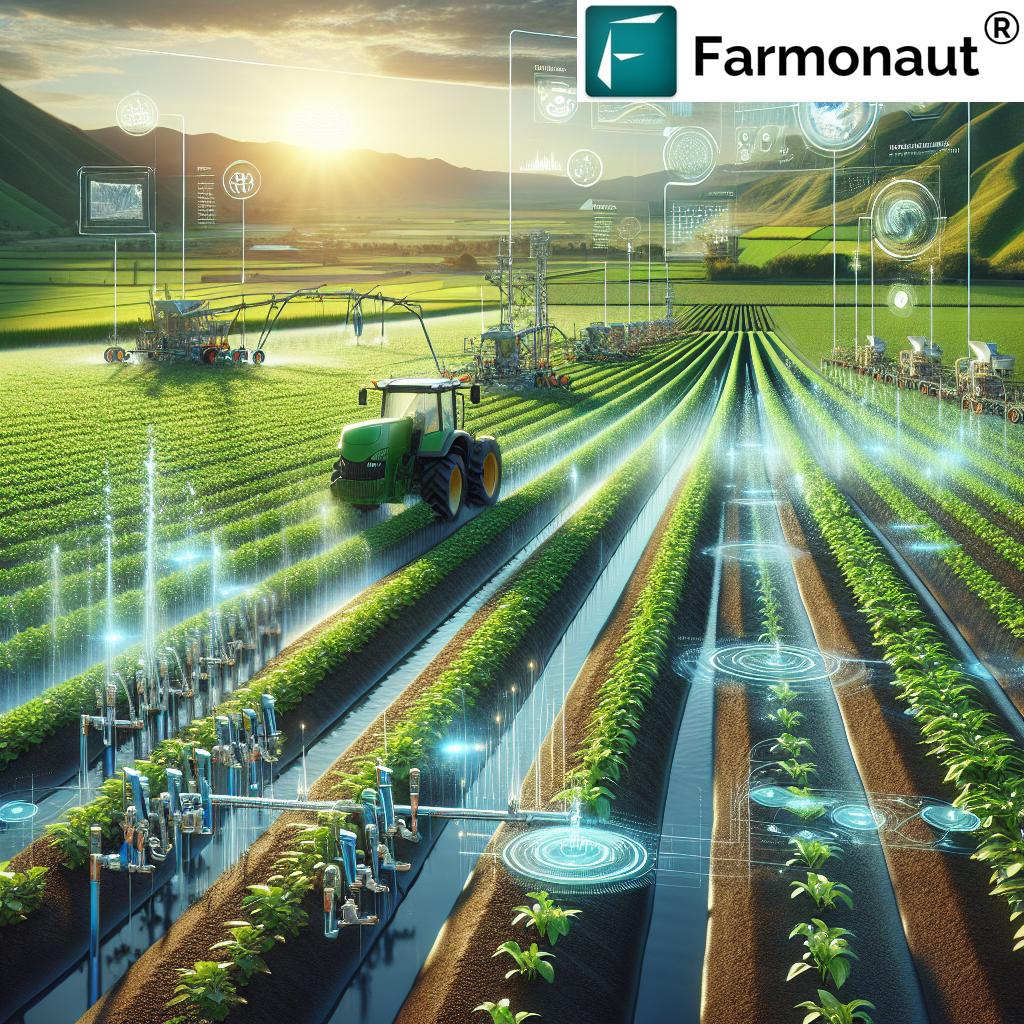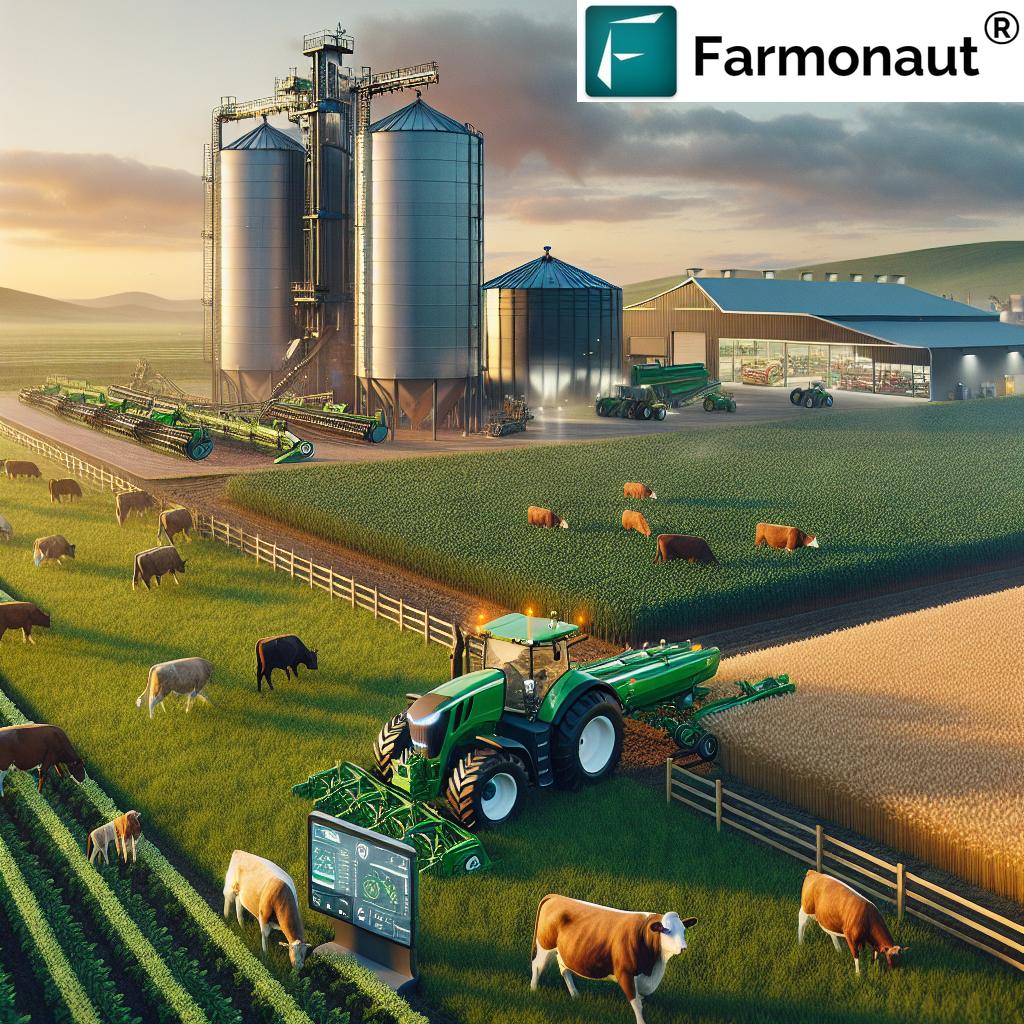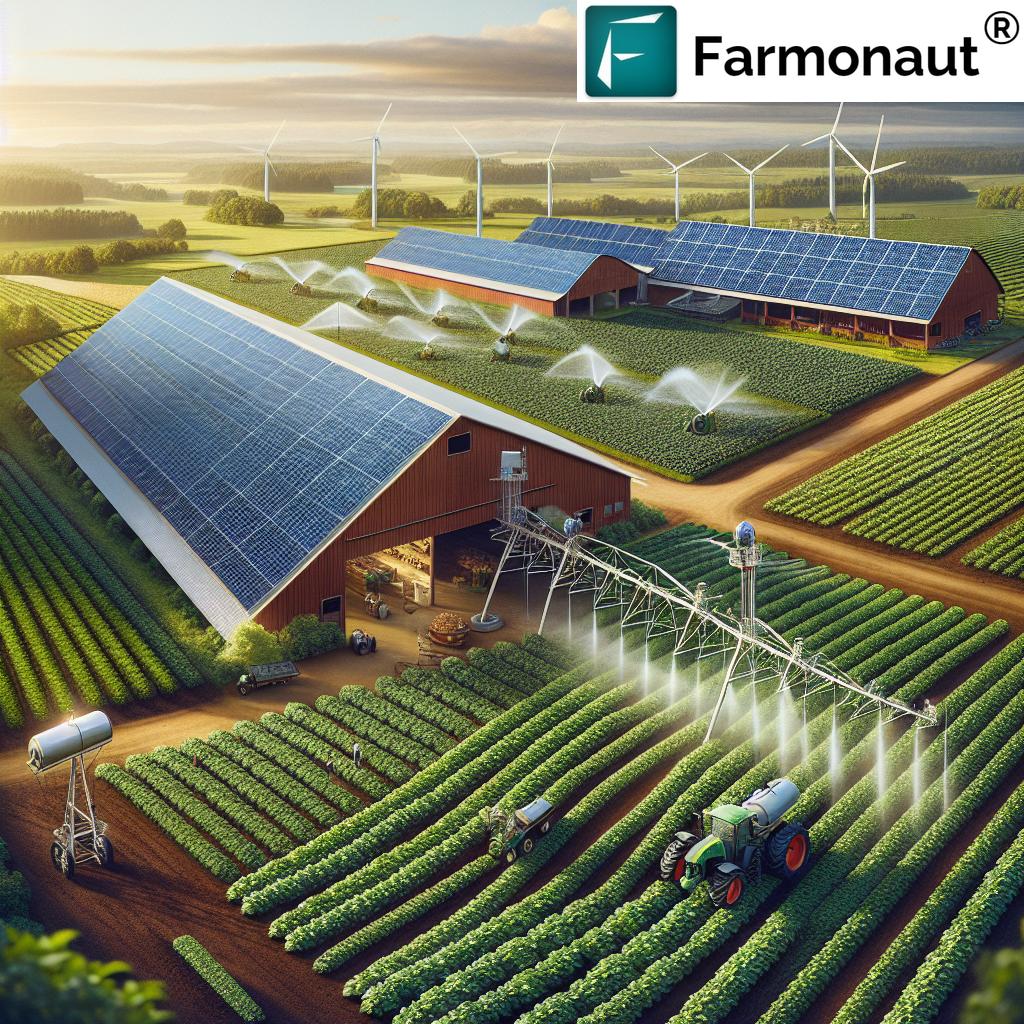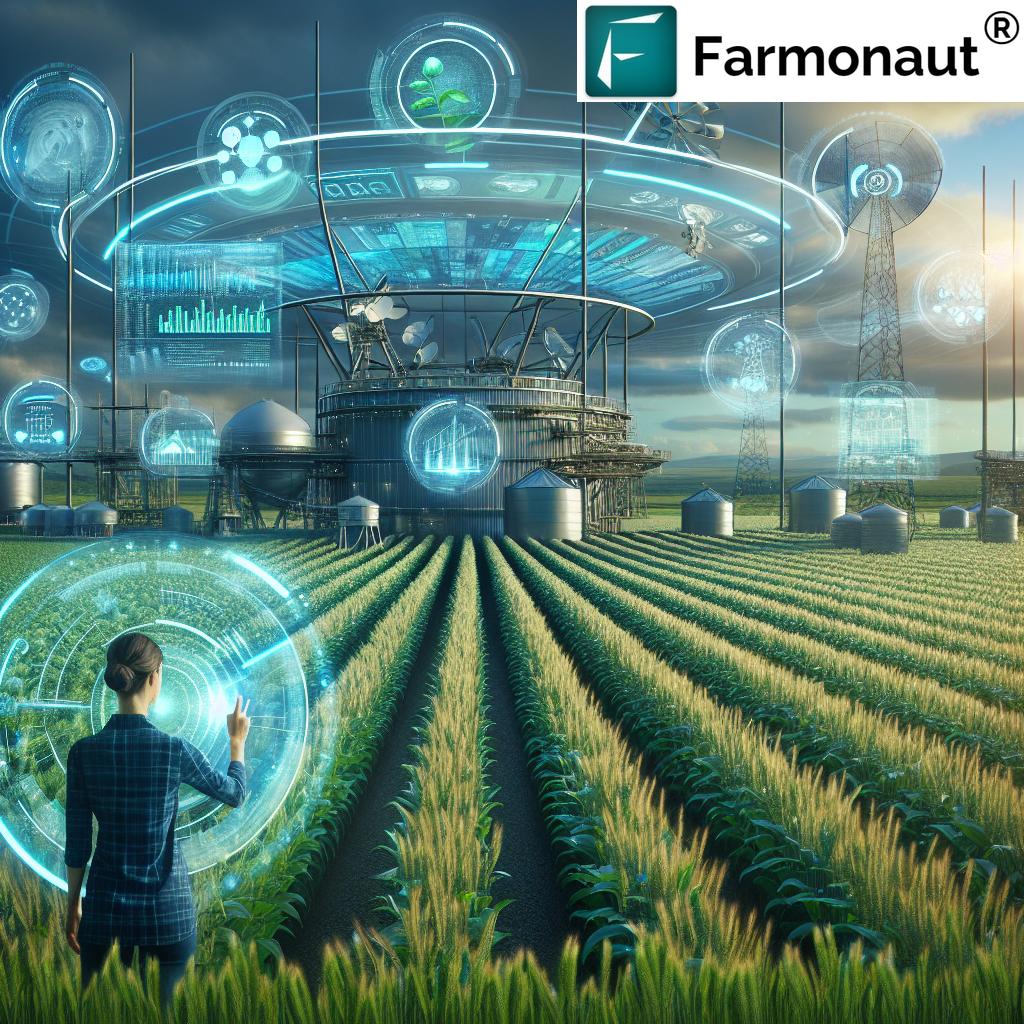Agriculture Solution: 7 Shocking Innovations Revealed
“Precision agriculture can increase crop yields by up to 20% while reducing resource use by 15%.”
Introduction: The New Era of Agriculture Solutions
Agriculture has entered a transformative new era. In the face of a growing global population, shifting environmental pressures, and increasing food security demands, innovations in farming have become more crucial than ever. In recent decades, we’ve witnessed significant transformations driven by technological advancements, sustainable solutions, and data-driven systems. As farmers, agribusinesses, and consumers, our collective goal remains clear: to boost crop yields, preserve our planet’s resources, and address ongoing agricultural challenges.
In this blog, we unravel seven shocking innovations that are setting new benchmarks for sustainable agriculture, efficient resource management, and technological integration. From precision agriculture and sustainable farming practices to blockchain integration and beyond, these solutions promise to shape the future of farming for generations to come.
Comparative Table: 7 Shocking Agriculture Innovations
| Innovation Name | Description | Estimated Yield Improvement (%) | Sustainability Impact | Adoption Rate (Estimated %) |
|---|---|---|---|---|
| Precision Agriculture | Optimized input usage via GPS, sensors, and data analytics for tailored crop management | 12-20% | Reduces waste and input-related carbon footprint | 35% |
| Agricultural Drones & Sensors | Aerial surveys, soil, and crop monitoring using high-res cameras and IoT | 8-15% | Reduces excess pesticide and water use | 18% |
| Smart Irrigation & Soil Moisture Control | Automated watering based on real-time soil moisture and weather data | 7-13% | Significantly lowers water and energy consumption | 24% |
| Sustainable & Regenerative Agriculture | No-till, cover cropping, crop diversification, and organic amendments | 10-17% | Boosts soil health and biodiversity, sequesters carbon | 26% |
| Technological Innovations (AI & Automation) | AI-driven analytics, automated machinery, and prediction models | 10-25% | Enhances resource allocation, reduces human error | 20% |
| Controlled-Environment Agriculture (CEA) | Greenhouses, vertical farms, hydroponics with controlled climate environments | 12-18% | Conserves water, reduces chemical inputs, consistent yields | 14% |
| Blockchain in Agriculture | Immutable data for traceability and transparency in the agri-supply chain | 3-8% | Reduces fraud, improves accountability, fosters sustainability | 11% |
“Sustainable farming practices have helped cut global pesticide use by nearly 30% in the last decade.”
Precision Agriculture & Smart Farming Solutions
Precision agriculture is empowering us to revolutionize how we manage our land, crops, and resources. This technological approach utilizes sophisticated tools such as
GPS-guided machinery, IoT sensors, and analytics platforms to deliver actionable insights directly to farmers. The result? Enhanced efficiency, improved yields, and smarter input use across our farms.
- Advanced Sensors (IoT): Devices that monitor soil moisture, nutrient levels, and temperature—providing timely data for irrigation and fertilizer schedules.
- GPS and Mapping: GPS-enabled equipment ensures straight planting rows, precise spatial data collection, and accurate field mapping that minimizes wastage and overlaps.
- Data-Driven Analytics: Platforms (like Farmonaut’s) provide real-time crop and soil health analytics, optimizing every resource for maximum productivity and sustainability.
- Targeted Interventions: From identifying pest hotspots to adjusting fertilizer applications, precision farming reduces unnecessary input use and supports healthier crops.
For more on the power of smart farming, see Farmonaut’s large-scale farm management solution, which centralizes real-time field analytics for estates and commercial farms. Their open API and developer documentation make integrating satellite and weather datasets seamless for agritech developers.
The synergy between these innovations and traditional knowledge is creating smarter farms worldwide. By continuously monitoring every aspect of the field and automating tasks, we are not only boosting crop yields but also cutting costs, minimizing environmental footprint, and safeguarding future harvests.
How Agricultural Drones and Sensors Enhance Precision
Agricultural drones (UAVs) soar above fields, capturing detailed aerial images that
identify crop stress, pest damage, and nutrient deficiencies. Coupled with ground-based IoT sensors,
this approach gives a comprehensive, real-time picture of field conditions.
By identifying areas affected by diseases or drought, drones guide targeted solutions, reducing the need for broad-spectrum use of pesticides or fertilizers. This supports ecological balance and resource efficiency.
- Drone Data: Provides high-resolution views for mapping plant growth, soil variation, and crop health.
- IoT Sensors: Constantly monitor field-level temperature, humidity, and soil conditions.
- Actionable Intelligence: Platforms convert these raw data points into actionable recommendations for timely intervention.
Sustainable Farming Practices and Regenerative Agriculture Techniques
Sustainability is at the heart of modern agriculture. Sustainable farming practices and regenerative agriculture techniques underpin long-term productivity by preserving soil health, enhancing biodiversity, and reducing environmental impact.
Conservation Agriculture: Minimal Disturbance, Maximum Impact
- Minimal Tillage: Limits soil disturbance, retaining organic matter and supporting beneficial microbes.
- Permanent Soil Cover: Cover crops and organic mulches reduce erosion and lock in moisture.
- Crop Diversification: Rotating crops improves biodiversity and pest control.
These practices collectively increase soil fertility and water-use efficiency, supporting higher productivity even as environmental challenges intensify.
Benefits of Regenerative Agriculture Techniques
- Composting: Returns nutrients to the soil, closing organic waste loops.
- Cover Cropping: Suppresses weeds, fixes nitrogen, and reduces soil erosion.
- Reduced Tillage: Lowers machinery fuel use, boosts soil structure, and encourages carbon sequestration.
With regenerative approaches, we are not just sustaining but actively improving the farming ecosystem for future generations — making soils richer, crops more resilient, and yields more dependable.
Farmonaut’s carbon footprint tracking solution enables businesses to monitor and reduce their environmental impact in real time, supporting sustainable certifications and regulatory compliance.
Technological Advancements in Agriculture: AI, Automation & Data
Technology and data analytics are essential tools for tackling complex agricultural challenges. Farm management now relies on artificial intelligence (AI),
machine learning, and automation to forecast yields, optimize resource allocation, and streamline operations.
- AI in Agriculture: Machine learning models analyze huge volumes of data—satellite imagery, sensors, historical weather—to detect crop diseases, predict outcomes, and give targeted recommendations.
- Autonomous Machinery: Self-driving tractors and harvesters make precise, continuous field operations a reality, reducing labor costs and boosting productivity.
- Predictive Analytics: Forecasts for crop yields, irrigation needs, and pest outbreaks help farmers stay ahead of challenges and maximize returns.
Farmonaut’s Jeevn AI Advisory System offers real-time weather forecasts, satellite data, and expert management insights through an easy-to-use app, driving higher productivity and resource efficiency.
AI-driven platforms are also increasingly important for fraud reduction in agri-lending and insurance by verifying land and crop conditions accurately from space. Farmonaut’s crop loan and insurance service leverages this power to accelerate financial inclusion for farmers.
Fleet and Resource Management: Revolutionizing Farm Operations
Agribusinesses now use advanced fleet management platforms to optimize vehicle allocation, monitor machinery health, and cut unnecessary costs.
This level of oversight means more efficient logistics and fewer resource bottlenecks during critical planting and harvest windows.
The traceability solutions on Farmonaut use blockchain to ensure every stage of the agricultural supply chain is securely and immutably recorded—building trust from field to supermarket shelf.
Controlled-Environment Agriculture (CEA) Revolution
Controlled-environment agriculture (CEA) offers precision control over every variable that impacts plant growth—from humidity and temperature to light intensity. By creating the optimal microclimate, CEA drives higher, more consistent yields, especially in unpredictable weather conditions and urban or semi-urban locations.
- Greenhouses: Protect crops from pests, enable multi-season harvesting, and cut water use by up to 90%.
- Vertical Farms: Use stacked layers, LED lighting, and closed-loop hydroponics, making it possible to grow more food on less land.
- Hydro- & Aquaponics: Nutrient-rich water replaces soil, optimizing plant nutrition and reducing disease cycles.
Urban agriculture is thriving thanks to CEA, reducing transportation emissions and ensuring consumers have access to fresh, high-quality produce all year round. This innovation has major implications for food security and resource efficiency as city populations expand.
If you’re looking to efficiently manage crop plantations and forestry advice across diverse geographies, Farmonaut’s crop plantation and forest advisory service provides integrated, satellite-based insights for better decisions.
Agrivoltaics Solar Farming: Innovation in Land and Energy Use
Agrivoltaics—the co-location of solar panels and agricultural activities—is redefining how we use land for both food and energy. By mounting solar modules above crops:
- Dual Land Productivity: Generate clean energy and grow crops simultaneously on the same land.
- Microclimate Benefits: Solar panels shade crops, reducing water evaporation and heat stress.
- Resilience: Powering irrigation and machinery directly from renewable sources reduces both carbon footprint and operational costs.
Agrivoltaics is part of the new wave of agricultural solutions that integrate energy and food objectives, making rural operations more climate-resilient and sustainable.
Blockchain in Agriculture and Supply Chain Transparency
As consumers demand to know more about where their food comes from, blockchain in agriculture is emerging as a trusted solution for transparency and traceability.
- Immutable Records: Every transaction—from seed to shelf—is recorded in a tamper-proof ledger, ensuring product authenticity and integrity.
- Quick Recalls: In the event of contamination or fraud, blockchain enables pinpointed action, protecting food safety.
- Consumer Trust: Verified supply chain histories bolster brand reputation and support global agri-trade.
With Farmonaut’s blockchain infrastructure, product traceability for agricultural produce is robust and reliable, protecting both the customer and the brand.
Farmonaut: Data-Driven, Affordable Precision Farming
Farmonaut stands at the forefront of making precision agriculture solutions affordable and accessible to all farm sizes, worldwide. Unlike traditional systems requiring expensive hardware, Farmonaut leverages satellite-based technology and advanced analytics to equip individual farmers, cooperatives, government agencies, and businesses with powerful, actionable insights.
Key Innovations Delivered by Farmonaut
- Satellite-Based Crop Health Monitoring:
Multispectral satellite imagery delivers real-time NDVI field maps, soil moisture, and vegetation health data to optimize water, fertilizer, and pest management. This helps minimize input wastage and maximize yields. - Jeevn AI Advisory System:
Personalized, AI-driven crop advisory—combining weather forecasts with satellite and on-ground data to provide custom strategies for better farm performance. - Blockchain-Based Traceability:
Guarantees transparency in the agricultural supply chain, boosting trust and accountability with consumers and business partners. - Fleet and Resource Management:
Optimizes transport and equipment assets, reducing operational costs through efficient scheduling and route planning. - Carbon Footprinting:
Real-time emissions tracking for agribusinesses, helping farms not only meet regulatory compliance but also drive genuine sustainability.
Our subscription-based model offers flexibility for every kind of user, from individual family farms to corporates. With Farmonaut, modern agriculture becomes simpler, smarter, and more scalable—without the initial capital risk of traditional precision hardware investments.
Challenges and Future Outlook
It’s clear that advanced agricultural solutions are reshaping how we produce food—but some challenges remain. Initial costs of new technology can be a barrier for smallholders. The increasing use of data platforms and algorithms raises questions around data privacy and equitable access. And as automation grows, it’s important to consider workforce transition and digital training.
Our agricultural future will require collaborative efforts among farmers, technologists, policymakers, and consumers. By empowering all stakeholders and focusing on inclusive, scalable technologies —like those delivered by Farmonaut— we can meet and overcome the global challenges that define food security and environmental well-being for the decades ahead.
- Adopt affordable precision farming platforms (like Farmonaut) to lower entry barriers for all farmers.
- Advocate for open data standards and transparent resource allocation.
- Support digital upskilling and technology awareness in rural regions globally.
- Prioritize sustainability metrics—carbon footprinting, resource management, and traceability in every agri-decision.
Farmonaut Subscription Plans
Farmonaut’s subscription model is designed to be scalable and budget-friendly, making advanced agriculture solutions available to farms of all sizes. Explore real-time crop health monitoring, AI-based advisory, supply chain traceability, and sustainability tracking with flexible installments and upgrades.
Frequently Asked Questions
Precision agriculture is a technology-driven approach that utilizes GPS, sensors, data analytics, and automation to monitor and manage farm inputs more accurately. Unlike traditional farming, which may apply fertilizers and water uniformly, precision farming delivers exactly what each plant needs, when it needs it, minimizing waste and boosting yields.
Sustainable farming practices reduce erosion, lower chemical inputs, and improve water retention, while regenerative agriculture techniques restore soil organic matter, promote biodiversity, and even sequester carbon, creating an ecosystem that grows stronger year after year.
Data enables farmers to make timely, informed decisions about irrigation, fertilizing, and pest management—leading to improved efficiency, reduced costs, and optimal yields. Platforms like Farmonaut’s integrate real-time satellite data and AI to support smarter workflows.
Blockchain technology ensures transparency, traceability, and security throughout the agricultural supply chain. It reduces the risk of fraud, allows quick recalls in case of contamination, and strengthens consumer trust by providing verifiable product histories.
Many modern platforms, such as Farmonaut, operate on subscription models that offer scalable, affordable access to precision agriculture tools. By leveraging satellite data and cloud-based analytics, the need for upfront expensive hardware is reduced, democratizing access for farms of all scales.
Farmonaut offers web, iOS, and Android apps for individual farmers, along with APIs for developers and agribusinesses. Visit the Farmonaut app portal to get started or explore their API documentation for technical integration.
By providing detailed carbon footprinting and traceability modules, Farmonaut helps farms and businesses meet sustainability standards and compliance with international regulations, supporting eco-labeling and green certifications.
Conclusion & Summary: Embracing the Future of Agriculture Solutions
In summary, the transformations in agriculture over recent decades have created a wealth of opportunities for farmers, agribusinesses, and consumers alike. By adopting precision agriculture, implementing sustainable and regenerative practices, embracing technological advancements, and integrating blockchain-based transparency, our agricultural systems can meet the demands of a growing population while preserving the environment.
With affordable, scalable tools such as those provided by Farmonaut, the benefits of data-driven decision-making and sustainability are now accessible to farms of every size, in every region. Our collective journey towards food security, ecological stewardship, and optimized farming practices is just beginning, fueled by innovation and informed by both tradition and technology.
The future of agriculture is hybrid, collaborative, and sustainable. By continuing to innovate and share knowledge, we ensure bountiful harvests, restored ecosystems, and thriving communities for generations to come.
Ready to enhance your farm’s productivity?
Try Farmonaut’s API — or get started today on any device.
For developers: see the API documentation.
Explore also: Carbon Footprinting
| Traceability
| Crop Loan & Insurance
| Fleet Management
| Large-Scale Farm Management
| Crop Plantation & Forest Advisory


